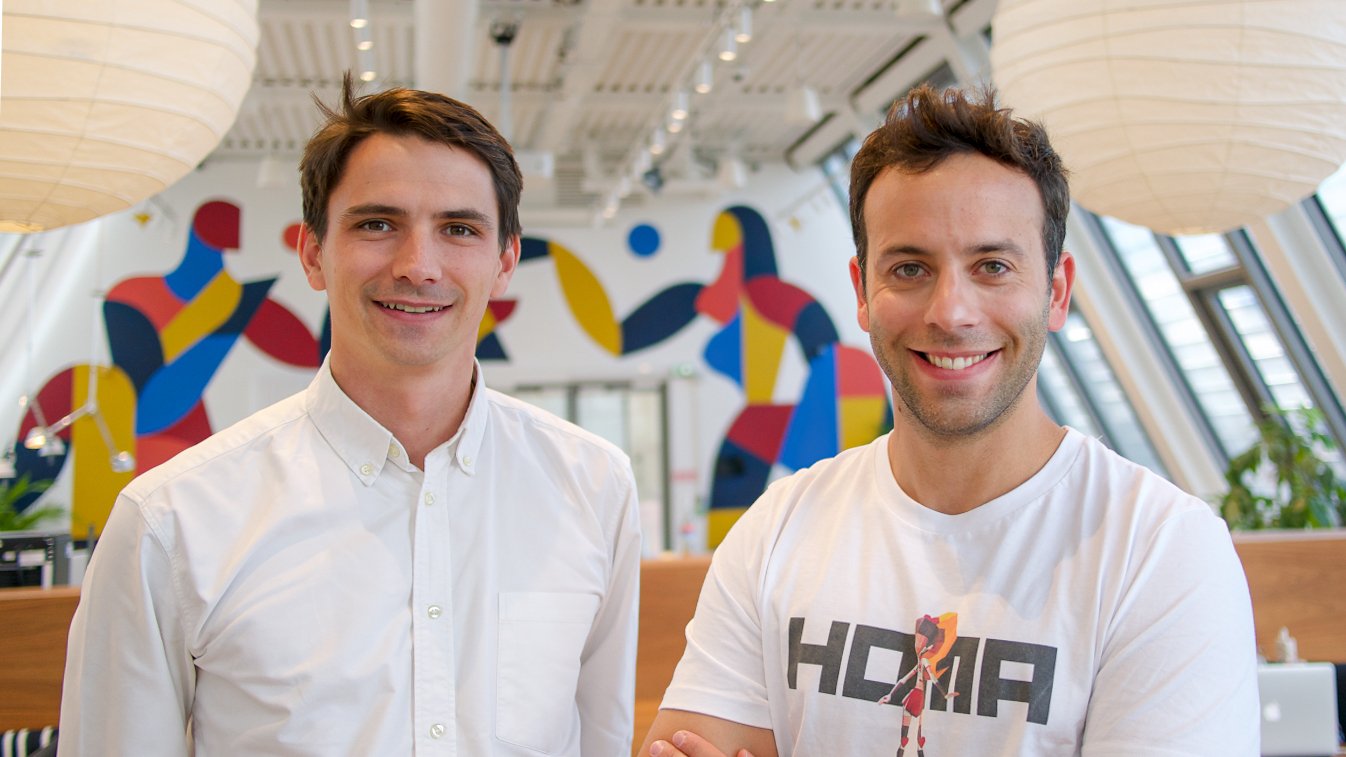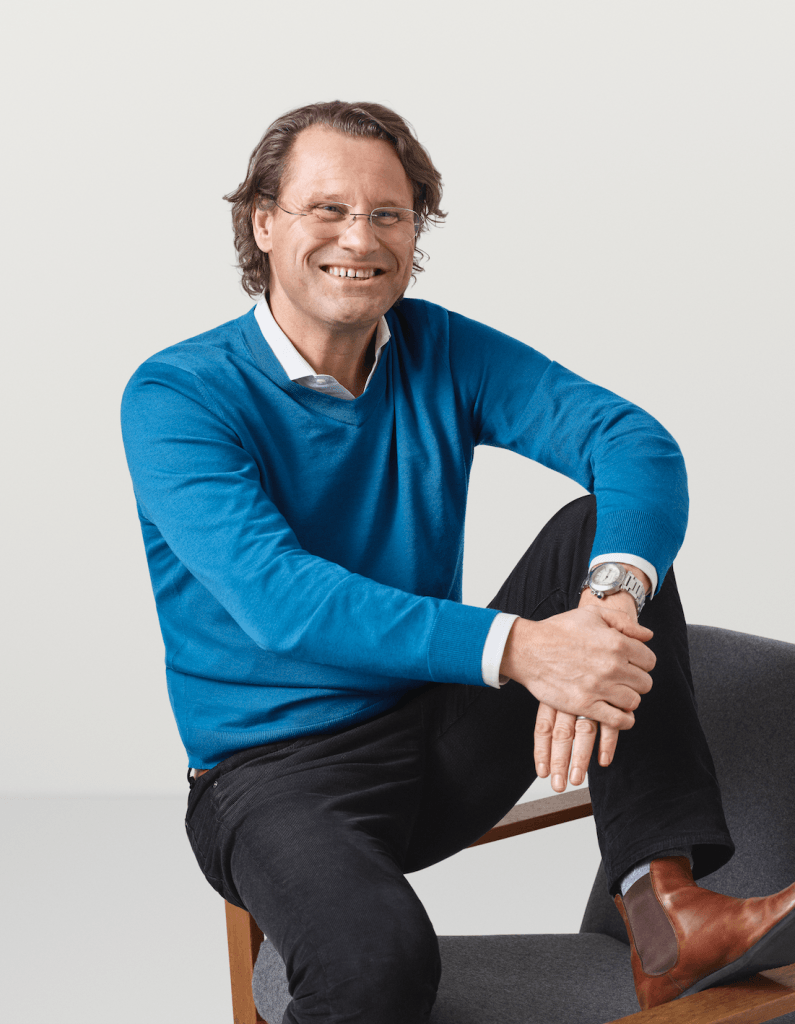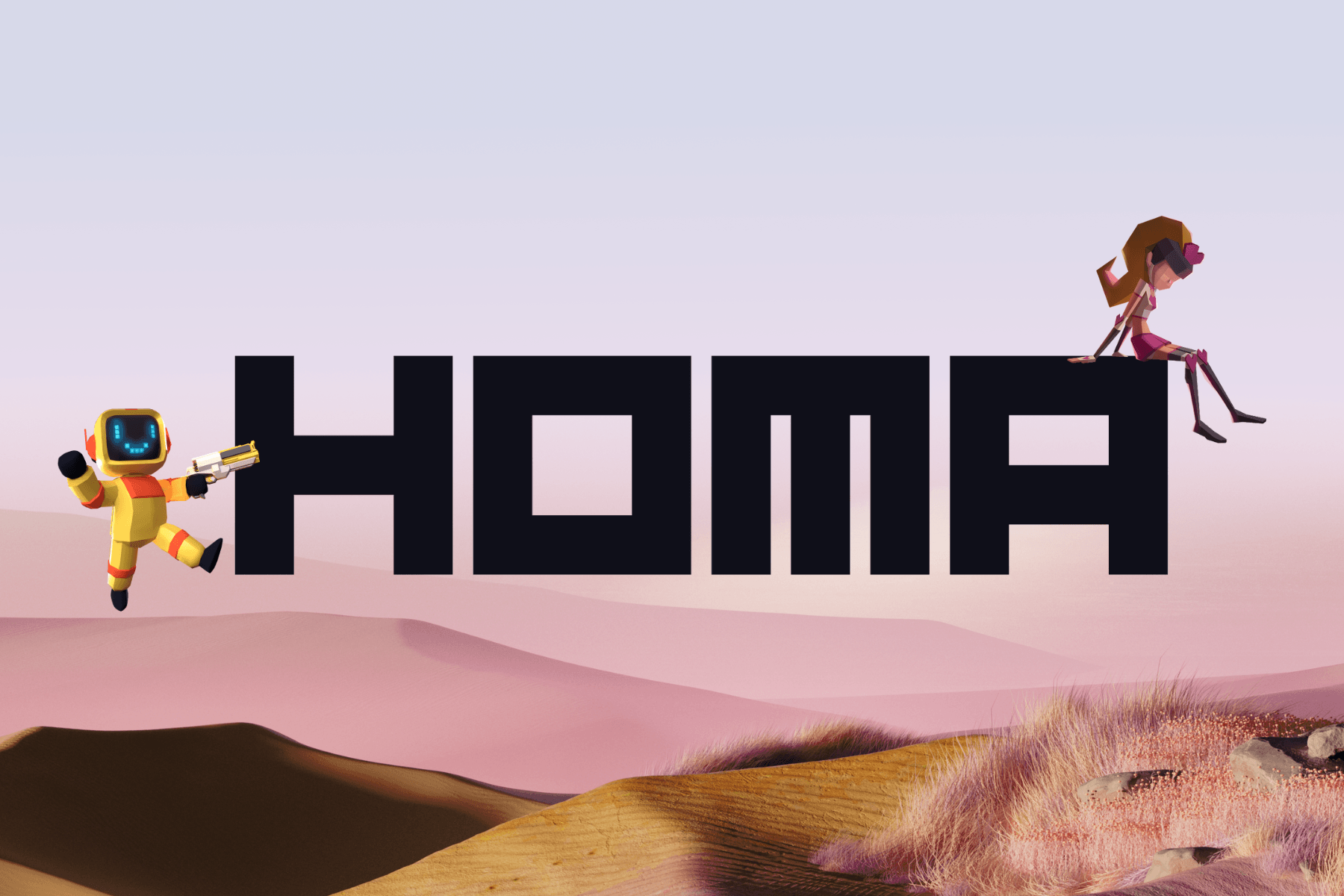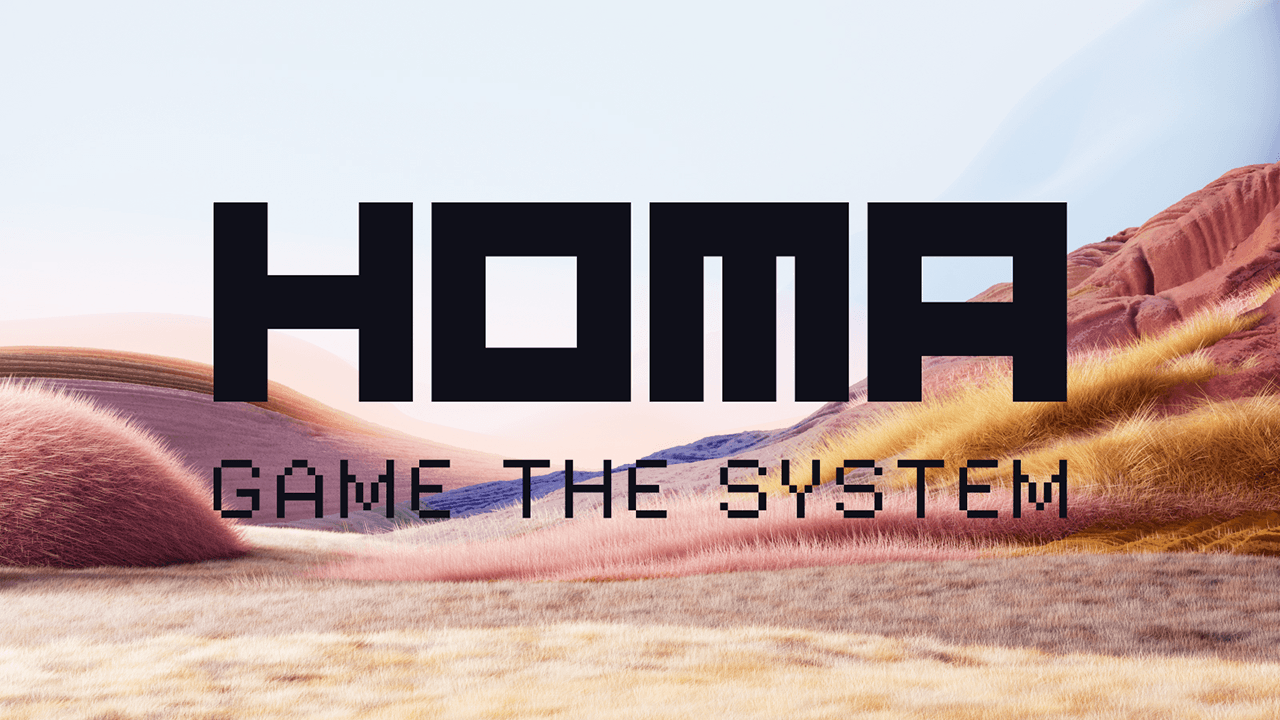Late last year, Paris-based game development company Homa raised $100 million in a Series B round aimed at supporting the company’s continued scaling efforts including investments in tech and data products, a sustained recruitment drive, developing and implementing new partnerships, and engaging in M&A activities as they continue to grow as the world’s leading platform for creating and publishing mobile games.
Since launching in 2018, Homa’s games have been downloaded more than 1 billion times. The scaleup's tools help any developer, anywhere in the world, create mega-hits. These tools range from trend analytics, to prototyping best practices, UI/UX optimization, and across functions from ops, to customer acquisition. It now develops games internally and in partnership with more than 200 handpicked studios worldwide.
Northzone Partner Pär-Jörgen Pärson sat down with Daniel Nathan, co-founder and CEO of Homa for a Fika (a Swedish term that best translates as "a break from activity during which people drink coffee, eat cakes or other light snacks, and relax with others". Together they discuss Daniel’s journey as a founder, the dynamics with his co-founder, Olivier Le Bas and his team and the future of Homa.

Pär-Jörgen Pärson: Homa is not your first rodeo, but it is your first with Olivier as a co-founder. Can you share the story with us on how that all started and came together?
Daniel Nathan: Olivier and I do have a history that goes beyond Homa, he was the 20th recruit in my previous business. I recall our interviews together very well, I was really excited about him joining us. I admired his capacity to learn anything he put his mind to, quicker than anyone I’ve ever met. Olivier stood out to me. He worked hard, we communicated thoroughly and the cherry on the cake was, I really enjoyed working with him. Eventually, we decided to work on Homa together.
Homa’s growth in the past four years is truly inspiring. I imagine managing that growth over the years must have required lots of learnings on how to best work together as a team, both independently and collaboratively. I’m curious, how would you say you all differ from one another, complement each other and what kind of expectations you have for each other when it comes to personal development?
I believe in the importance of empowering people at work, building everyone up to have extremely high self- confidence without forgetting a good dose of humility. I strongly feel that when people have self-confidence, they can move mountains. And in that regard, Olivier, Julien (our COO) and I are all very aligned. We have this strong competitive mindset, which keeps us constantly wanting to push ourselves further. We have no time to waste. As a consequence, we’re very honest with each other and radically open. We have to personally evaluate ourselves independently every day. Julien brought a lot of perspectives on how to best do this and step up.
Understanding and assessing when we can add value to each other’s areas and when we’re more helpful staying away is also crucial. Julien leads all the operations while Olivier spends most of his time on production and the business. Whereas I am better at focusing closely on the strategy, business development, investor dialogues, new products and more geared towards the long term vision.
Another emphasis I always make is ‘we have no ego’ across management. This probably comes from having had a long term relationship: I’ve known Julien for 16 years, Ioana (our CPO) for 4 years, I worked with Michael (our CTO) for the last 7 years and with Olivier for the last 6 years. We’ve battled through a lot of hardships in the past and we were able to stick and push through everything together. When you’re building a company, you have to go through a lot of challenging times. So you learn a lot about each other and how to best build efficiently together.
Of course, that leads into my next question. There are tough times approaching for many companies. And naturally, building a company when everything is going well versus, when things aren’t going your way, is very different. How do you think you can best prepare yourselves as a company, as founders, as an executive team to cope with potential hardships?
I always prepare for the worst. Preparing my team in advance for future complications, even before there are even any signs of crises is essential. There’s no need to go over the top but I feel like it’s extremely valuable to always be ready to go into survival mode.
We’re a competitive team. We analyse potential negative outcomes but always stay positive. People say it’s hard to build a company, but it’s honestly much harder to manage a decline. As we’ve already been through tough times in the past and survived, we know we can do it again. Expect the worst and keep working and pushing for the best.

Another side of your story, which has kind of amazed me many times since Northzone invested in 2021, is how you barely celebrated when you became the world’s most downloaded game. Why is that?
Humility should never be underrated. I believe that when you are humble, you recognise that being number one can often be just for a moment. When you’re at the top it’s even more important to be your most humble self. Of course it’s necessary to celebrate victories, but I think it’s vital to have a clear perspective on what is a real victory versus a short term win. We’ll have time to celebrate. For now, everything is great but we still have bigger milestones to reach, so we will stay humble.
You’ve also just raised a significant amount of financing, a $100 million Series B round, which in itself is a big accomplishment. It seems like the stars are aligned for you. If you look towards the future, what do you expect over the next couple of years?
One of the things I’m most excited about is the community we are building. I believe the economy has shifted, now the real power is in the communities you build rather than the capital you hold.
We’re starting to build a really huge community of gamers, we only joined social media channels about six months ago and now have 163k followers on Twitter and 260k on Tiktok.
People love our games and characters. We’re also building a big community for developers and have a Discord channel with 100k people where developers can collaborate. For us, focusing on continuously building and managing our community is what will lead us to becoming the powerful organisation we strive to be. We can focus on making more of what our community wants, in different versions and quickly, which will be very powerful and exciting.

We spent a lot of time in Paris over the years and Homa was our first investment in the French ecosystem. It has struck us that the city has moved away from being relatively local to a very international, dynamic environment. Homa is a great example of that. If you look at Paris as a talent hub, how does it stack up to other places?
I’m proud to say Homa has been named by multiple sources as one of the top places to work for in Paris. We’ve put a lot of effort into building an international culture within our team even when nobody knew us and it was hard to get visas.
One of the reasons why I came back to Paris about eight years ago is because it had become more international. It’s not yet as international as some other European cities but it has many great engineering schools. Today, you can bump into 20 engineers at every corner in Paris. It’s definitely a place for hustlers, to live a good life in the city you have to really make it, so it’s important to scout that talent and build a long lasting, loyal relationship together.
This story is syndicated via Northzone.




Would you like to write the first comment?
Login to post comments